In a recent episode of the popular podcast “Outside The Box,” media personality Ifedayo Olarinde, widely known as Daddy Freeze, sparked controversy with his strong assertions about the authenticity of miracles purportedly occurring in Nigerian churches. As a figure who often blends media commentary with social critique, Daddy Freeze turned the spotlight on Pentecostal church practices, describing many of these miraculous claims as rehearsed performances rather than divine interventions.
Doubt Cast on Spiritual Authenticity
Daddy Freeze did not hold back when discussing the miracles that are often highlighted in services across various Nigerian churches. He expressed that he finds them hard to believe, labeling them “choreographed” and asserting that they cater to individuals who he sees as lacking critical thinking skills. With a confident declaration of his intellectual prowess – he claims to have an IQ of 156 – he expressed disbelief in the miraculous healings and supernatural events often showcased on church platforms.
Also read: Jide Kosoko Reflects on 60 Years in Nollywood: “I’m Comfortable, But Not Rich”
In making his case, Daddy Freeze referenced biblical miracles performed by Jesus, which he argues are well-documented and widely recognized by the communities affected. He highlighted notable miracles, such as the healing of the man with the withered hand and the resurrection of Lazarus, emphasizing that these events were verifiable by the public. The media figure further criticized contemporary church leaders in Nigeria, expressing frustration at their inability to provide similarly verifiable miracles, especially when it comes to high-profile individuals.
“Christ walked into the temple on a Sabbath and there was a man with a withered hand, and Christ healed him,” Daddy Freeze stated during the podcast. “He raised Lazarus from the dead; everybody knew about these miracles, yet in Nigeria today, it seems none of these pastors can replicate such acts in the face of adversity.”
High-Profile Cases Invite Skepticism
Delving deeper into his argument, Daddy Freeze pointed to specific cases involving high-profile Nigerians who faced serious health challenges. He specifically mentioned the late Dora Akunyili, a renowned Nigerian pharmacist and former head of the National Agency for Food and Drug Administration and Control (NAFDAC), who lost her battle with cancer despite widespread prayers from church leaders.
Also read: Peter Obi Criticizes National Assembly’s Use of Voice Vote in Rivers State Emergency Declaration
“Every Nigerian General Overseer prayed for her, and yet she couldn’t be healed,” he lamented. “If these pastors can perform miracles, why couldn’t they help someone of her stature?” He also referred to beloved comic actor Mr. Ibu, who suffered severe health issues leading to an amputation. “Even he was not healed. His condition continued to worsen until his demise,” he asserted, reinforcing his point about the lack of tangible miracles.
As the discussion progressed, Daddy Freeze called for proof to back the claims by church leaders of miracles occurring regularly in their congregations. “I want evidence. Don’t tell me you performed miracles – I want proof,” he urged, pushing for greater accountability and transparency within the church.
The Divide Between Faith and Skepticism
The comments made by Daddy Freeze have ignited a debate among religious scholars, church members, and those skeptical of organized religion. Many enthusiasts still believe in the power of faith and miracles, framing their personal experiences as evidence enough for the miracles they witness in their own lives. Conversely, critics, including Daddy Freeze, argue for a more rational approach, questioning the methods and practices that have come to define modern-day Pentecostalism in Nigeria.
A divide is evident between those who support the notion of miraculous healings and those who view them as mere spectacles designed to captivate congregants. Social media has become a battleground for differing opinions, with many supporting Daddy Freeze’s views while others firmly defend the authenticity of their spiritual experiences.
Also read: Emergency Declaration in Rivers State: A Call for Support from Northern Representatives
As the podcast aired, it is clear that what started as a casual conversation has turned into a significant discourse surrounding faith, authenticity, and the expectations placed upon religious leaders. Daddy Freeze’s remarks may serve as a wake-up call for many, urging deeper introspection about what they believe and the experiences they openly share.
While the debate continues, it stands as a testament to the evolving nature of faith in Nigeria, where tradition often clashes with modern skepticism.

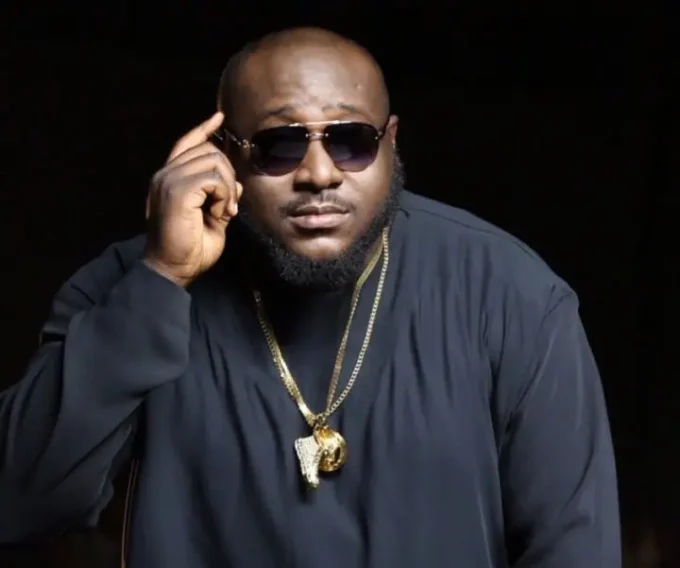
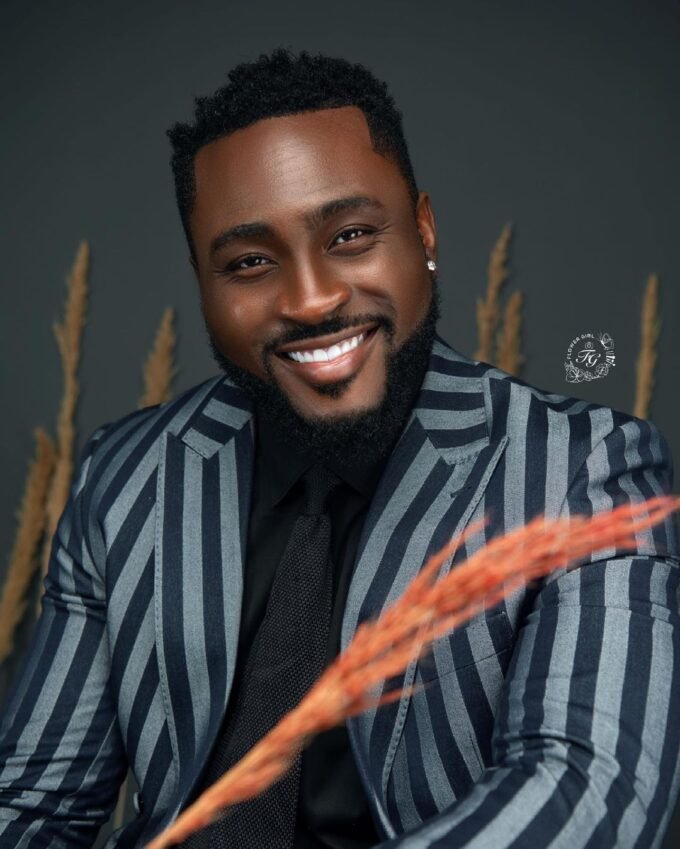

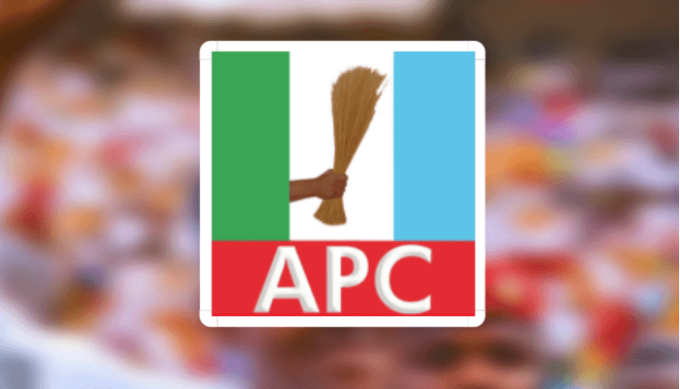
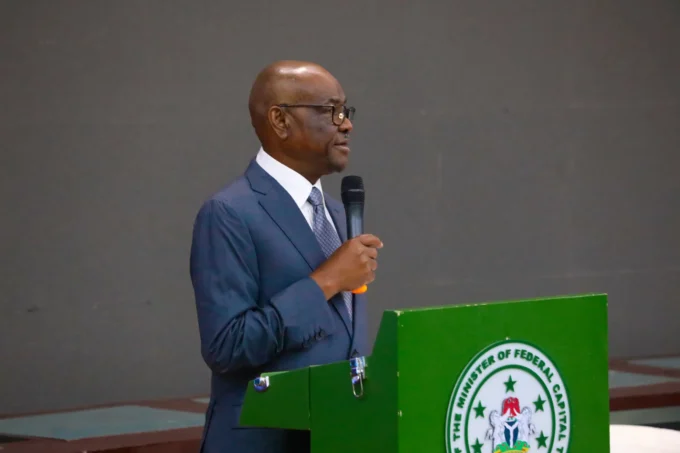

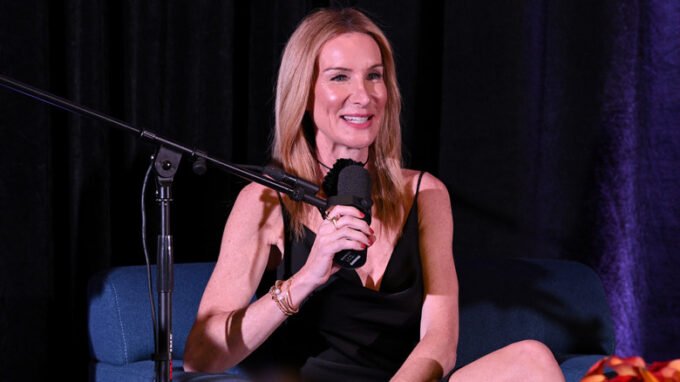
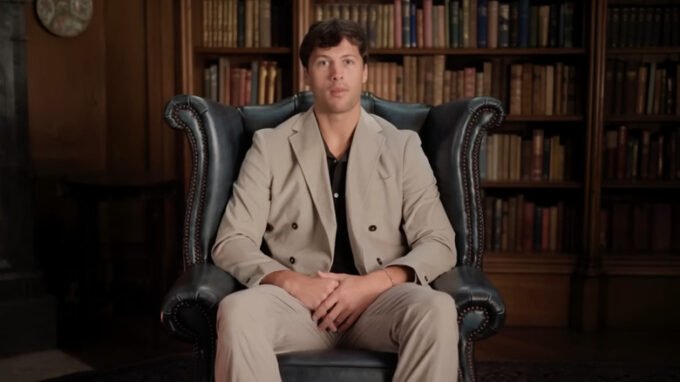
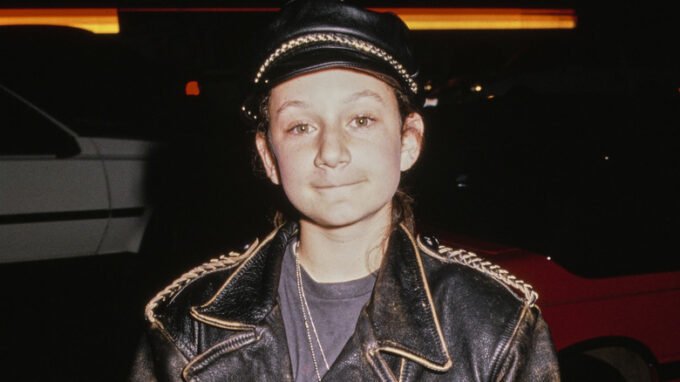


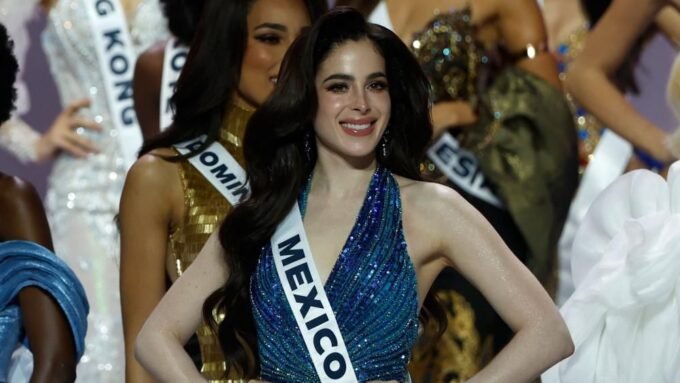













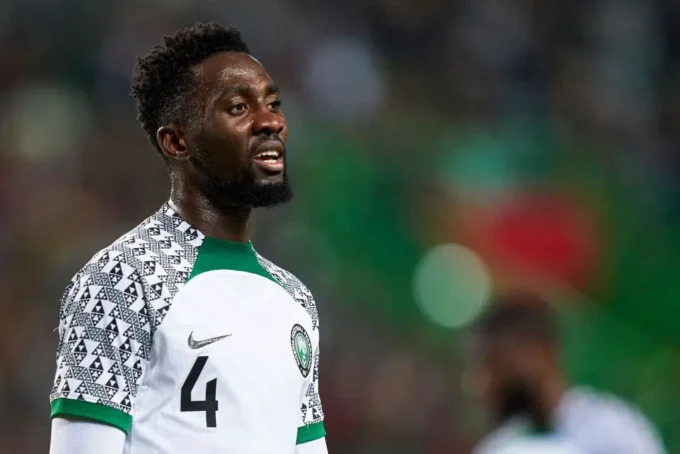
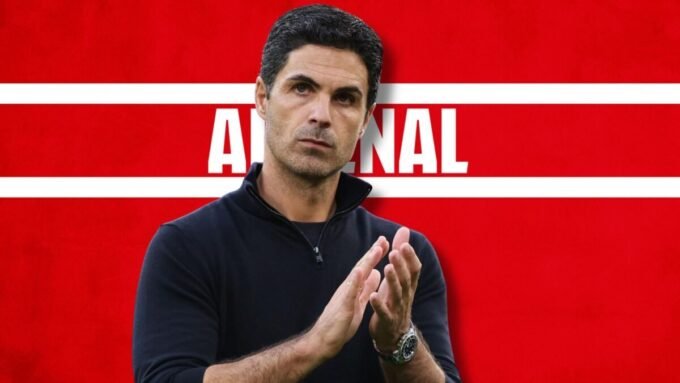
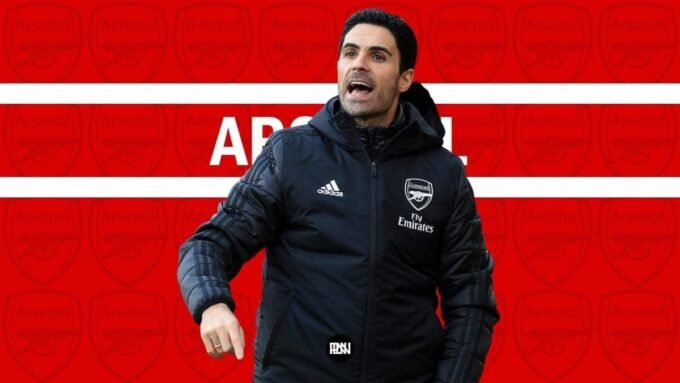
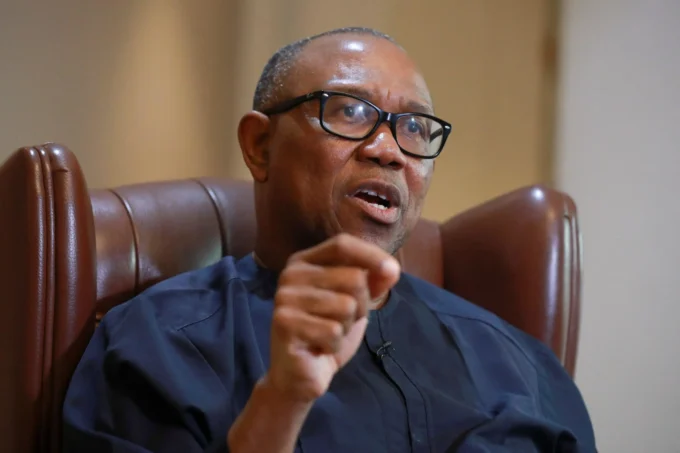







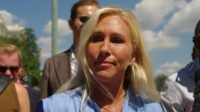



Leave a comment